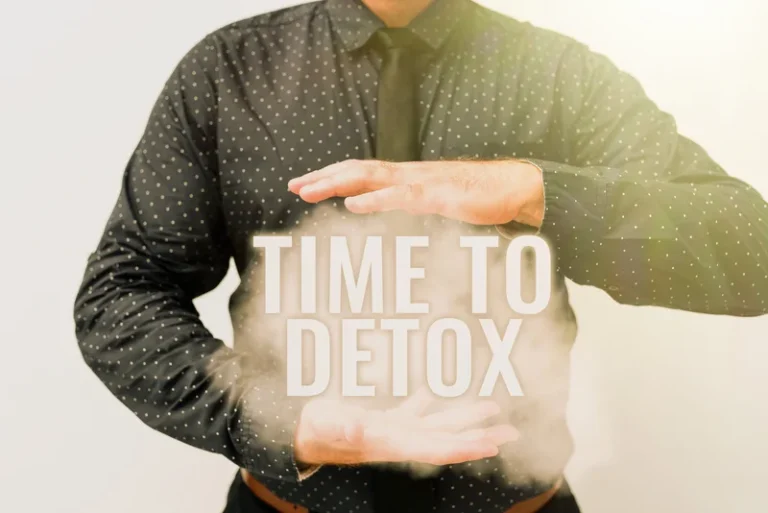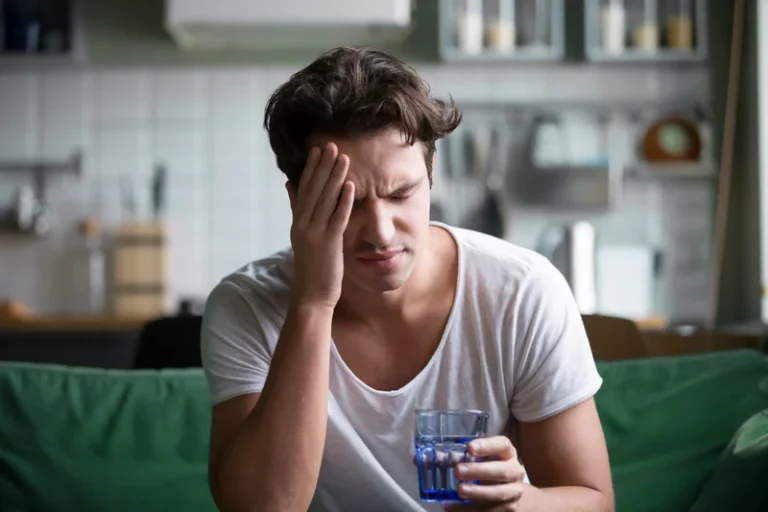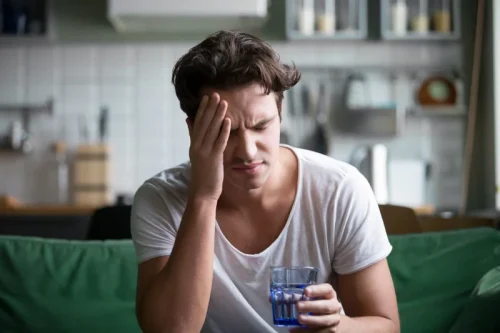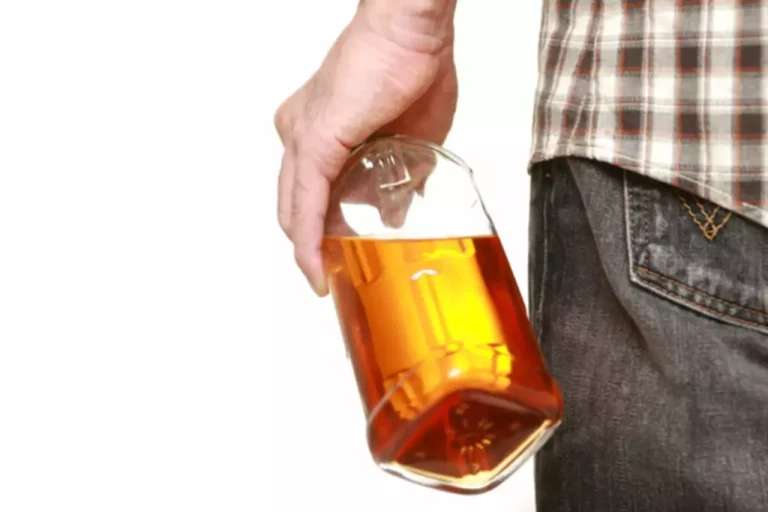Victory Programs
We take privacy seriously, and client information is not shared with any outside sources, except those affiliated with treatment, or which the client otherwise requests. Monthly fees at Tharros include food for all meals and snacks, transportation by our team in commercially insured SUVs, all activities, Tharros groups, and peer mentoring support. Some treatment facilities provide care for 30, 60 or 90+ days. If you’ve completed a program like this, you’re probably feeling very good about your recovery, as you should. At Victory Programs, we want to help you achieve your life goals and long-term sobriety with the tools and foundation you’ve already acquired.
See Victory Programs on Chronical News Program
There are no referral fees and our vetted licensed professionals accept a variety of insurances. We have the sole goal of connecting you with the providers who will help you the most - Period. The ability to spend 6 months to a year in a supportive environment allows you to learn more about yourself and your addiction. Our support program will afford you support while you mend relationships with family and friends. We know that you can have more fun and a much better life in sobriety; we also know that you’re having a hard time believing that statement right now.
New England Recovery Associates
Teras is located two miles away from Tharros (both Tharros and Teras are in Lexington MA). This less structured residence is designed to support clients when they have 25+ hours of work or other outside structure weekly, which can be developed with assistance from our team, in the first 30 days. A study of 300 individuals whom resided in Sober Living Homes (SLH) was published in 2010 by a division of the NIH (National Institute of Health) (Douglas L. Polcin, 2010). That study found that freestanding SLH’s offer enough structure, with no formal treatment, creating an optimal environment for residents ready for the next step. SLH’s provide an environment for individuals capable of handling a fair amount of autonomy and wish to take personal responsibility for their recovery.
At Victory Programs, we combine a sober community with aftercare, assisting our clients as they acquire new skills to meet life’s challenges in a fresh and encouraging way. Our mission is to help our clients achieve long-term recovery, move on from feelings of shame, and learn how to live a fulfilled life. Our sober living home reinforces honesty and integrity as we provide support along the journey to cultivating a new, constructive and optimistic sober lifestyle. With more than 50 years of recovery experience, our team understands what you’re going through and we want to help you love life again. We also include fun social events, like our weekly BBQ and bowling nights.
Support Design and Implementation
- Our mission is to help our clients achieve long-term recovery, move on from feelings of shame, and learn how to live a fulfilled life.
- If you’ve completed a program like this, you’re probably feeling very good about your recovery, as you should.
- Teras does not provide transportation, but you may have a car, and ubers are readily available.
- Also included, our community offers activities, like weekend rock climbing, golf, and basketball.
At Teras, our experienced team, plus ancillary providers, provide a high level of support for Victory Programs Review clients to take action in a recovery fellowship, and engage outside structure. Our experience has been that once our clients arrive at Victory Programs, they understand and feel the benefits. You are not locked in to any long term agreements, but we do ask that you come planning to stay for at least 60 days. After your initial period at Tharros, you may wish to explore our less structured home, Teras.
Teras, our flexible structure home, offers a lower cost model for those ready to return to work, and who have their own transportation. At Teras, clients work with their on-site case manager and our vocational coach to develop a recovery fellowship and engage work. Clients of Teras may also be involved in outpatient treatment while they develop a foundation in their recovery work, and apply to work positions. After 30 days, clients are expected to be employed while they continue progress in their recovery work. They continue to meet with their case manager weekly and participate in community support activities. Teras, also located in Lexington MA, offers a less structured, but still supportive model of high standards sober living.
Teras does not provide transportation, but you may have a car, and ubers are readily available.
Whatever your primary treatment method, you’ve had a great start because your body is now free of alcohol and drugs. We want to help you transition to a fulfilled and enjoyable life in sobriety. We have experience helping clients achieve success and every decision we’ve made in the development and management of Victory Programs centers around your success. At Tharros, we offer semi-private to fully private ensuite accommodation. Victory Programs is a private peer program which is not affiliated with any state or federal offerings. Testimonials are available on our site, and we are happy to connect you with families and past clients who can share their experience with you.
You are more likely to maintain long-term sobriety by entering and committing to a structured transitional living environment, like Victory Programs. That’s why we encourage our clients to consider staying 6 months to one year. At Victory Programs, we take a custom approach to each client, starting with a full understanding of each client’s needs and goals. Our team connects with each client’s clinical providers to help understand what supports are needed before he arrives at Tharros. Victory Programs, located steps away from the center of Lexington, spans 4 levels with almost 8000 square feet of living space.
Not all sober living homes are the same and in fact beyond the differences in “amenities”, there are many other important factors to consider. The road to recovery from alcoholism and addiction requires significant emotional, behavioral, and intellectual changes. Whether you’ve just completed a drug detox, alcohol rehab, or any other kind of substance abuse treatment, we know recovery takes time and we know that you’re worth it.

























